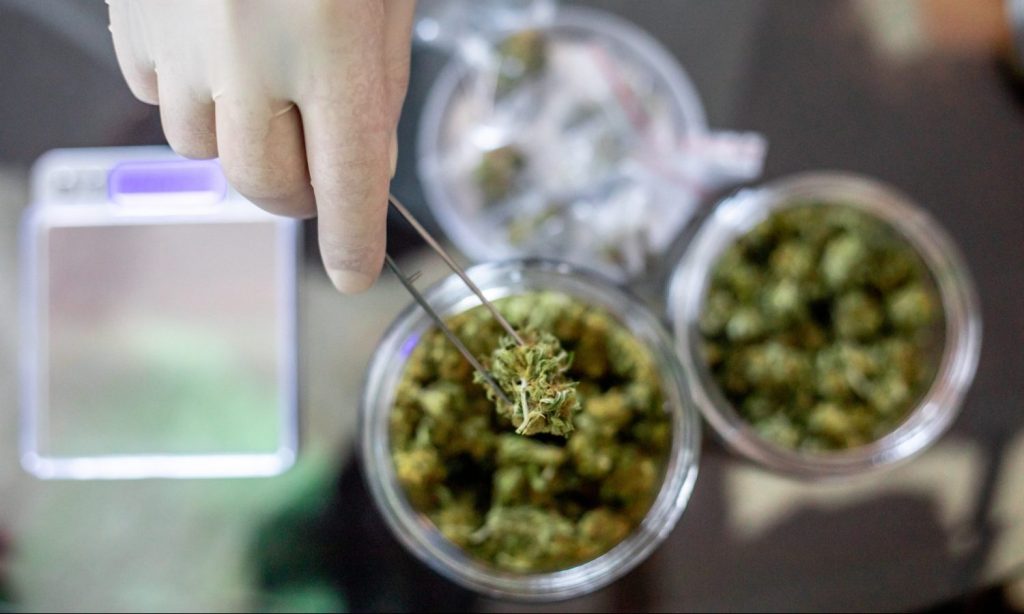
By Jelena Martinovic
As the long-standing dispute of whether marijuana has medical value continues to heat up, two Republican lawmakers introduced new legislation in the House and Senate poised to further streamline research of Schedule I drugs like marijuana and psilocybin, Marijuana Moment reports.
The move comes on the heels of the Drug Enforcement Administration (DEA) and National Institute On Drug Abuse (NIDA) expressing support for a White House proposal to make the process of researching Schedule I drugs easier for scientists.

The Biden Plan
The Biden administration’s plan, announced earlier, was to align the research requirements for Schedule I drugs with those of less-restricted Schedule II drugs.
The agencies testified at a House Energy and Commerce subcommittee hearing held earlier this month, when the DEA highlighted that “expanding access to Schedule I research is a critical part” of its “mission to protect public safety and health.”
RELATED: DEA Supports White House Plan To Streamline Research Of Psychedelics And Cannabis
However, on the federal level, Schedule I drugs are currently defined by the same agency as having “no accepted medical use and a high potential for abuse.”
Halt Fentanyl
Now, the two Republican lawmakers are taking it a step further with a newly introduced pice of legislation dubbed the Halt All Lethal Trafficking of (HALT) Fentanyl Act, which is set to limit trafficking of the powerful opioid.
The companion bills filed by Sen. Bill Cassidy (R-LA) and Rep. Morgan Griffith (R-VA) would permanently place fentanyl analogs in the strictest federal drug category, even though the legislation also includes provisions to streamline the research process for all Schedule I drugs under the Controlled Substances Act. Apart from cannabis, the strict category currently includes psychedelics like LSD, mescaline, and MDMA.
More Research, Please
The legislation “would recognize the danger of fentanyl-related substances by permanently scheduling them while also allowing researchers to study their effects,” Griffith said in a press release.
The newest breakthrough is a step towards allowing multiple researchers at a given institution to participate in a Schedule I drug study under a single DEA registration, instead of having each scientist obtain its own permit.
RELATED: Federal Foot-Dragging On Cannabis Rescheduling Hampers Vital Research, Harms Veterans And Millions More
Moreover, the lawmakers also proposed a policy change that would enable having only one overall registration for studies taking place over multiple locations, as well as allow researchers to proceed with their studies after submitting a notification to the Department of Justice without waiting for a green light from officials.

Griffith additionally stressed that the research component is important because “one of the things we’ve done in the past is we’ve put things on Schedule I, and then we’ve not researched it.”
RELATED: House Green Lights Researchers Accessing Marijuana From Dispensaries
And while Griffith thinks that “there may be potential” for the therapeutic use of fentanyl analogues, he emphasized that it “got to be done carefully.”
“It’s got to be done in the way that we’ve set it up so that we have the protections there,” he added. “But we may find something good as part of the research.”
This article originally appeared on Benzinga and has been reposted with permission.



